10 Powerful Medicinal Plants and Herbs To Boost Your Health

Medicinal or Herbal plants are useful to treat or relieve common diseases. These plants are discovered and being used in medicinal practices since prehistoric times. Medicinal plants have special chemical compounds produced in their body that have medicinal value. Furthermore, these plants can be used for various purposes like cosmetics, food-recipe, etc.
Here, We have written some herbal plants that can be found easily around your home.
Rosemary
Rosemary is a fragrant, perennial herb and is native to the Mediterranean region. Leaves, twigs, and flowering apices of Rosemary can be used for multiple purposes like medical, cosmetics, and recipes for foods.
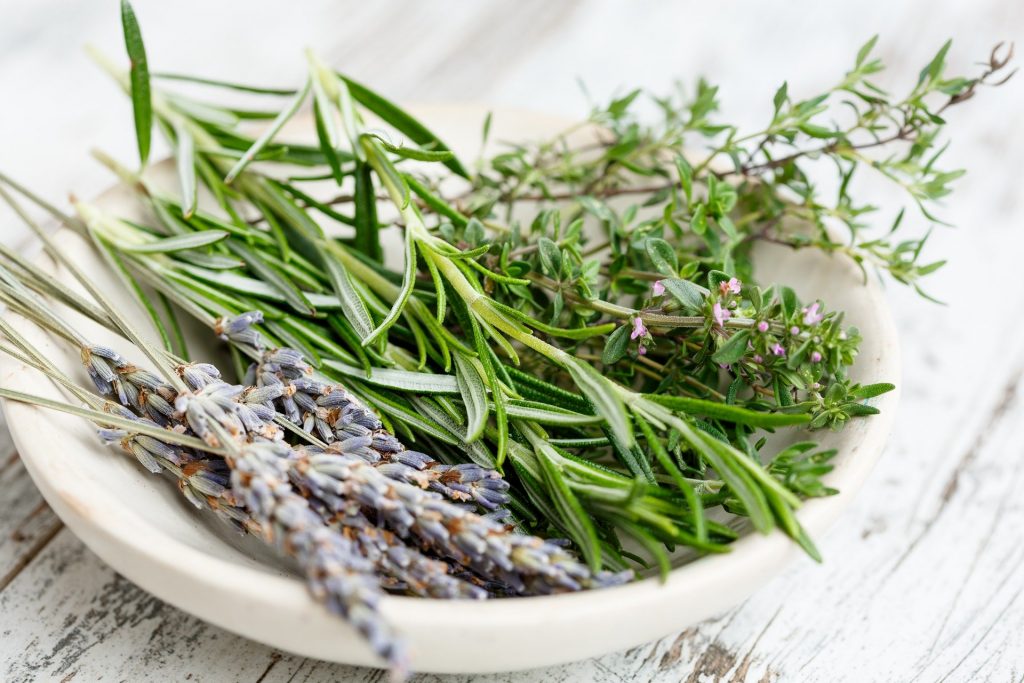
Nutritional Facts: It is a good source of Vitamin B6, Magnesium, Potassium, Copper, Dietary Fiber, Calcium, Iron, and Manganese.
Health Benefits:
1. High in antioxidants and antimicrobial compounds.
2. Support digestion system.
3. Enhance memory and concentration power.
4. Prevent Cancer.
5. Protection against macular degeneration.
Lavender
Lavender is a flowering plant. Along with its sweet floral aroma it can be recognized for its medicinal and therapeutic benefits. It is also grown for the production of its oil which is considered highly nutritional.
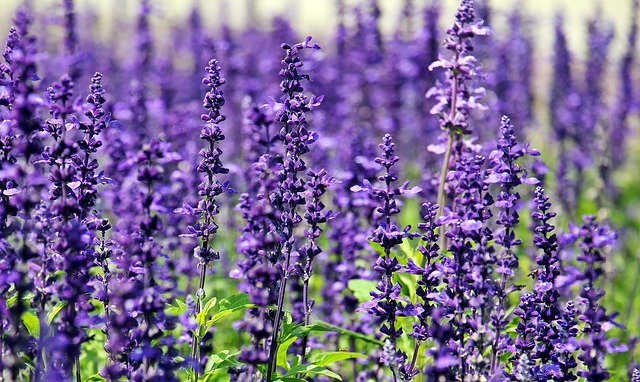
Nutritional Facts: Lavender is enriched with Vitamins, Carbohydrates, Proteins, Vitamins, Sodium, and different Minerals.
Health Benefits:
1. It can be used to treat fungal diseases.
2. Prevent hair loss.
3. Insomnia and anxiety can be treated.
4. Maintain blood pressure and heart rate.
5. Could Relieve Asthma Symptoms.
Ginger
Ginger is a popular, healthiest, and most delicious spices plant all over the world. Generally, Ginger root and stem i.e. rhizome are used for various purposes. It can be used in the form of fresh, dried, powdered, or as an oil or juice.
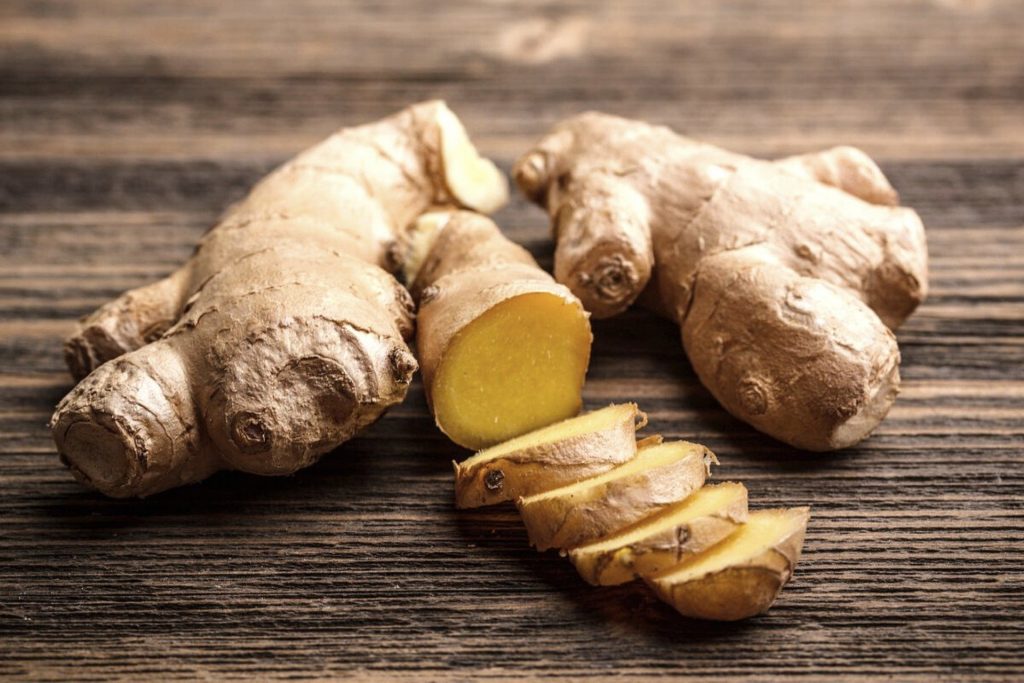
Nutritional Facts: Ginger is composed of Vitamin B6 and B3. Ginger is rich in Iron, Potassium, Magnesium, Zinc, Folate, and Dietary fiber.
Health Benefits:
1. Treat nausea and motion sickness.
2. Reduce muscle pain and soreness.
3. High in antioxidants and antimicrobial compounds.
4. Lower blood sugar.
5. Treat Chronic indigestion.
Visit:
Turmeric
Turmeric is a flowering plant that is a perennial, rhizomatous plant. It can also be called Indian saffron or golden spice. It’s been a long time since Turmeric has been used as Ayurvedic medicine.
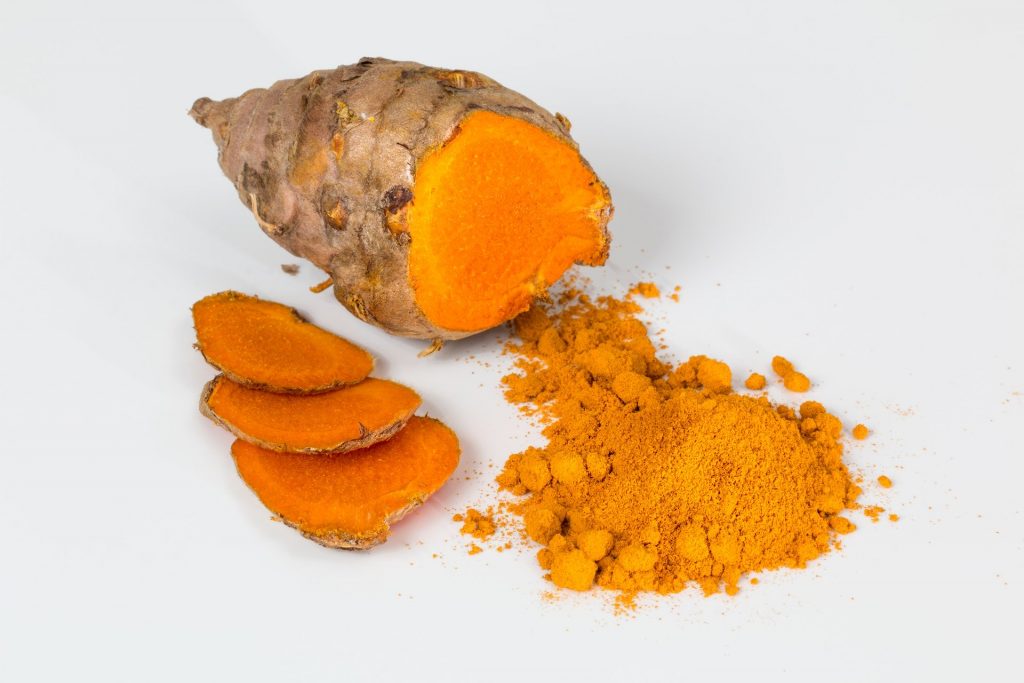
Nutritional Facts: Turmeric contains Calories, Protein, Fat, Carbohydrates, Fiber, Sodium, Calcium, and Sugar.
Health Benefits:
1. It is a natural Anti-Inflammatory compound.
2. Turmeric can relieve pain.
3. Improves liver function.
4. Help to reduce the risk of cancer.
5. Lower risk of heart diseases.
Visit:
Garlic
Garlic is a perennial flowering plant that belongs to the onion family and is native to Central Asia. Garlic can be prescribed as a medicine to treat various medical diseases. Despite medical uses, it also can be used for flavoring in cooking.
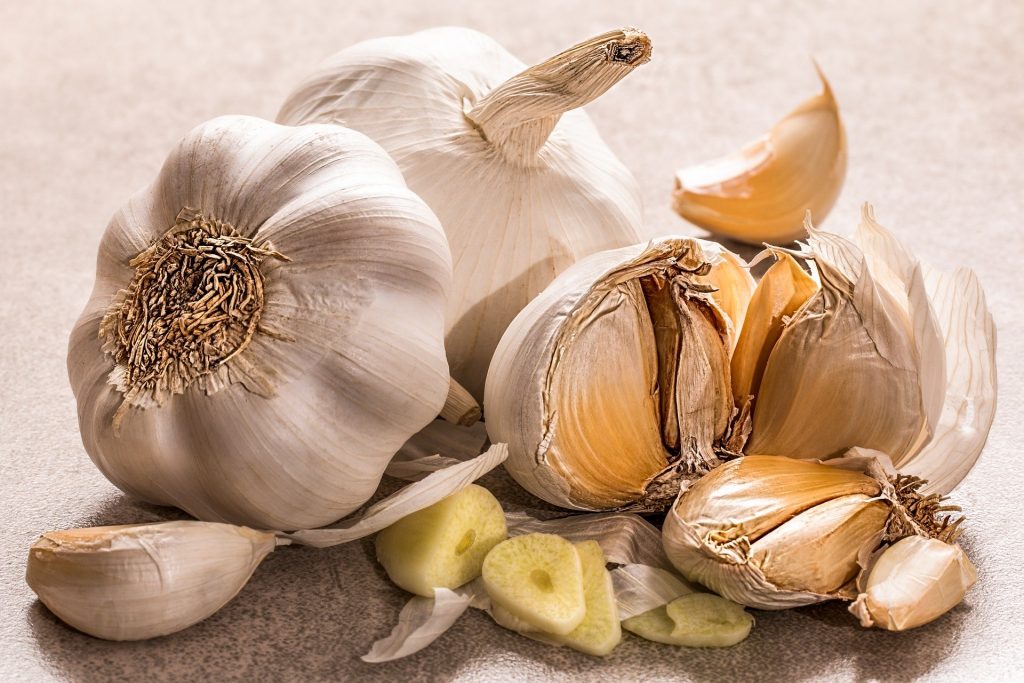
Nutritional Facts: Garlic is enriched with Calories, Protein, Fat, Iron, Carbohydrates, Fiber, Sodium, and Calcium.
Health Benefits:
1. Garlic can treat the common cold.
2. Reduce blood pressure.
3. Improves cholesterol level.
4. Lower lung cancer risk.
5. Helps to fight prostate cancer.
Thyme
Thyme belongs to the Mint family and mostly used in culinary food for taste and seasoning dishes. They have thin stems, and leaves grow in clumps. Leaves, flowers and even oil extracted from the Thyme herb plants have medical benefits.
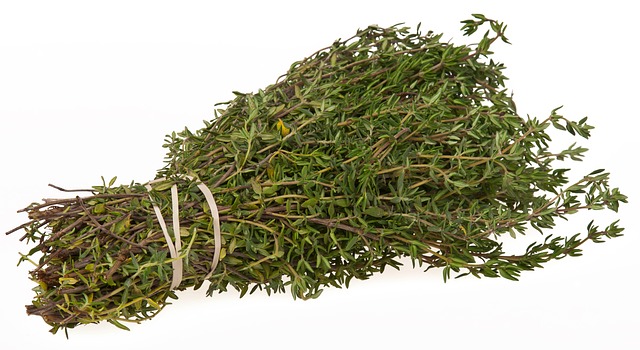
Nutritional Facts: Good source of Zinc, Copper, Magnesium, Vitamin A, C, K and low in sodium, and cholesterol.
Health Benefits
1. Reduces coughs.
2. Improves the immunity of the body system.
3. Improve and maintain blood pressure.
4. Protects from food infections.
5. Improves skin.
Holy Basil (Tulsi)
Holy basil or commonly known as Tulsi is a plant native to the Indian Subcontinent. Holy basil is most commonly used in Thai dishes as they are much spicier compared to other varieties of basil. They are commonly used in Ayurvedic Medicines and are considered one of the most medically beneficial plants.
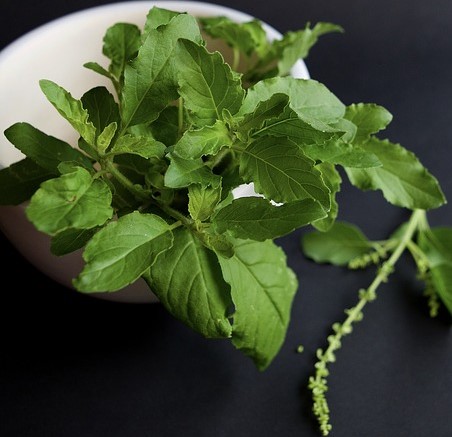
Nutritional Facts: Good source of Vitamin A, C, Zinc, and Iron.
Health Benefits:
1. Reduces stress and anxiety.
2. Aids digestion.
3. Improves your blood sugar.
4. Eliminate toxins from the body.
Also visit this link for more information:
Aloe Vera
Aloe Vera is a desert plant that can grow in extreme temperature and physical conditions as they can preserve water for an extremely long duration of time due to their unique physical features. Aloe vera is one of the most popular medicinal plants which mostly benefits natural skin.

Nutritional Facts: Source of Calcium, Copper, Zinc, sodium, Vitamin A, C, E, and B12; provides essential fatty and amino acids.
Health Benefits:
1. Skin benefits such as reducing wrinkles, stretch marks, and aloe vera gel hydrates skin ( acts as a moisturizer).
2. Aids indigestion.
3. Remove toxins from the body.
4. Maintain and improve blood pressure.
5. Reduces cholesterol level.
For more information:
How to make Aloe Vera hand sanitizer and grow Aloe Vera at home
Fenugreek Seeds
Fenugreek seeds are commonly used as a spicing agent in most of the Indian Dishes like curry, etc. They are native to South Asia and Southern Europe, nowadays they are cultivated in massive numbers all around the world. It is a herbal plant with many health benefits even used in medicines and soap products.
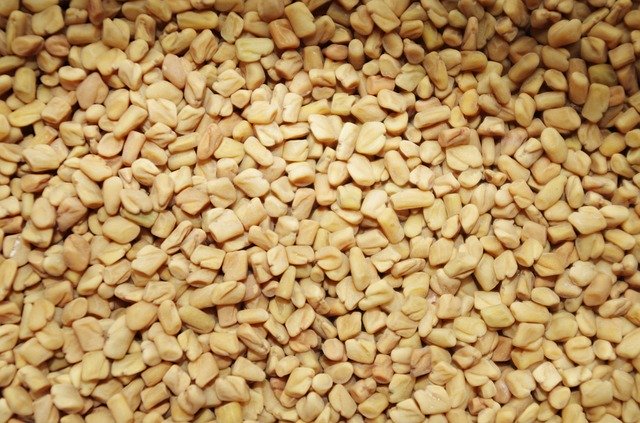
Nutritional Facts: Good source of iron, magnesium, vitamin A & D, and essential dietary fiber.
Health Benefits:
1. Controls weight.
2. Maintain and improve blood pressure.
3. Improves immunity and shields the body from bacterial/viral infections.
4. Aids indigestion.
5. Good for diabetic patients.
Peppermint
Peppermint is a hybrid between watermint and spearmint. Peppermint is commonly used as a fragrance in fresheners, toothpaste, cosmetic products, and as a flavoring agent in edible food products. It can be consumed as peppermint tea.
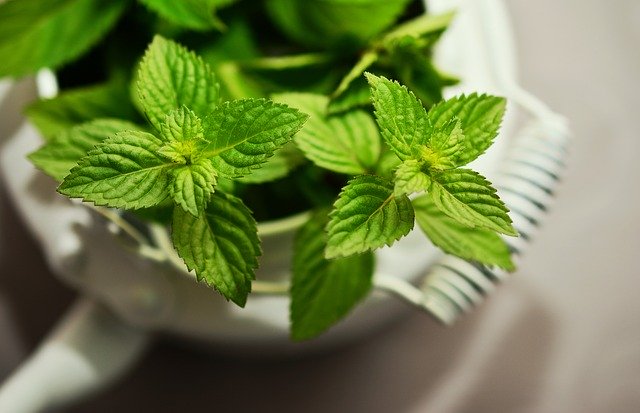
Nutritional Facts: Provides calories, carbohydrates, fat, and protein.
Health Benefits:
1. Freshens up your breath.
2. Aids indigestion.
3. Aids in relieving headaches, nausea, and nasal congestions.
4. Shields the body against harmful bacterial infections.
5. Reduces fatigue and mental stress.
Including these plants in your diet will be a step towards health. Besides, using these medicinal herbs when you are ill or by the side with your medications can boost your immunity and help in healing.
What do you think about the article, did you like it? Please feel free to give feedback and suggestions in the comment section below.
Also read about the fastest growing vegetables to grow your own veggies quickly.
